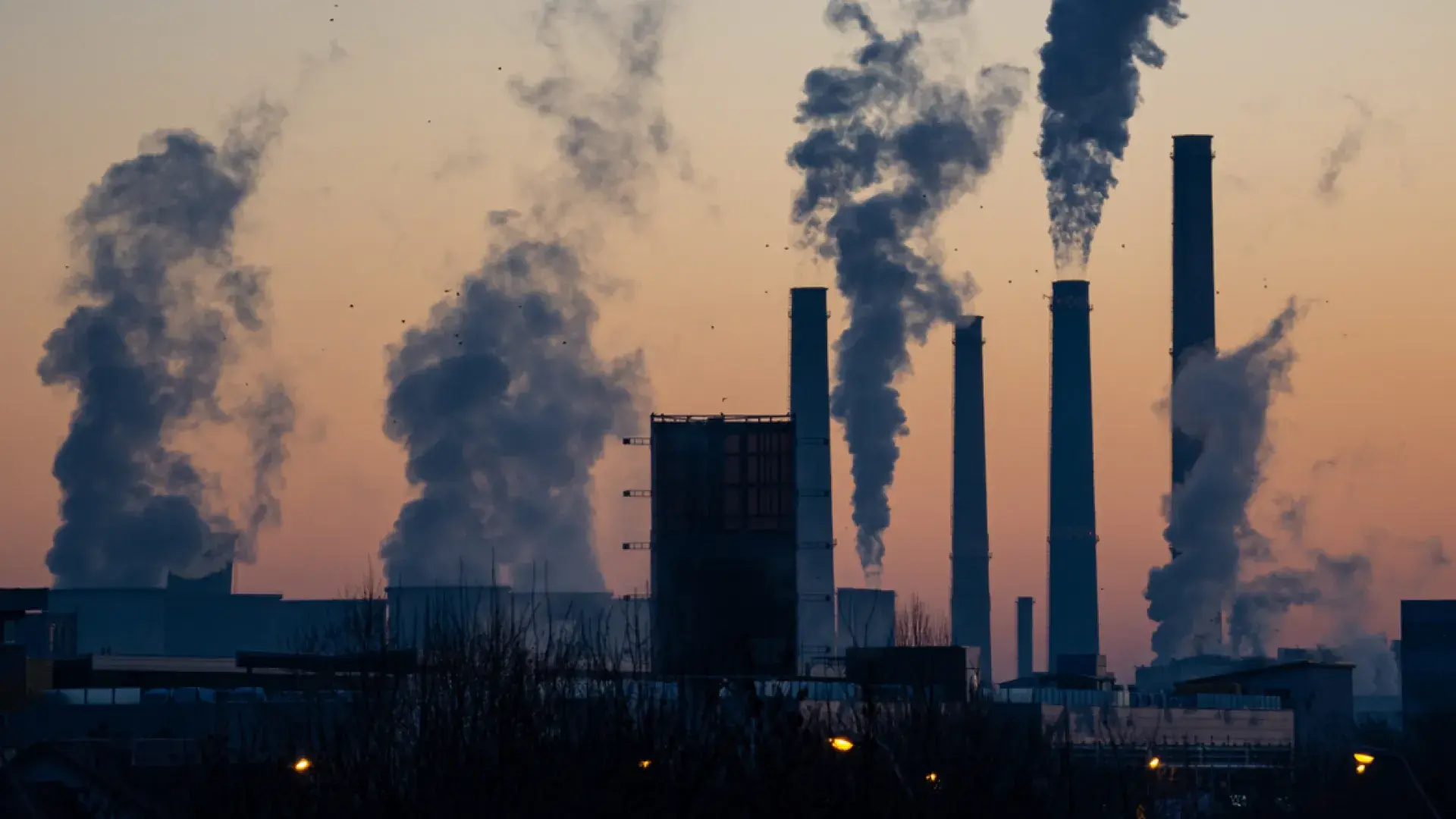
Leaders at the MGH Institute’s Center for Climate Change, Climate Justice, and Health say educating patients may help spur electing legislators who understand the urgency of climate change.
The Supreme Court’s decision last week to limit the Environmental Protection Agency’s ability to regulate existing power plant’s carbon emissions will accelerate climate change and the continued rise of global temperatures, leading to serious implications for global health and wellness. According to experts at the MGH Institute of Health Profession’s Center for Climate Change, Climate Justice, and Health, the ruling is a health emergency that the nursing profession can play a leading role in alleviating its effects.
“Nurses need to mobilize,” says Dr. Patrice Nicholas, Director of the center, a first-of-its-kind, nurse-led initiative that focuses on addressing ways all health care professionals can respond to the impact of climate change on health and well-being. “Our inability to curb our emissions significantly and expeditiously will be directly detrimental to local, national, and global health. We need to vote for legislators who understand the urgency of climate change, and we need to advocate for change.”
Nicholas points to nurses’ position as the nation’s most trusted health care professionals as a reason they can assist patients weather rising temperatures and other climate-induced problems. “They are not only able to see the direct impacts that climate change has on health, but they also can educate their patients and the public about the long-term consequences climate change has on health,” she says.
Nicholas and the center’s Associate Director, Dr. Suellen Breakey, say reducing the EPA’s ability to limit carbon emissions will lead to increases in asthma and other respiratory illnesses including pre-term birth, low birth weight, congenital abnormalities, and cardiovascular diseases such as strokes and heart attacks, and death from extreme heat events.
Breakey points out not all communities will be affected equally. “Air pollution disproportionately impacts communities of color, Indigenous communities, and other marginalized communities who are often already dealing with structural barriers to accessing health care and contribute the least to carbon emissions,” she says.
“We know that individuals over 65, children, pregnant people, and those with pre-existing physical or mental health conditions are most at-risk in these situations,” adds Nicholas, noting that it can lead to depression and anxiety. “But we also worry about those who work outdoors and don’t have access to cooling spaces, and those who live in cities with little tree cover or green space.”
As climate change continues to change rainfall and flooding patterns, drought occurrences, and sea levels, Breakey expects a rise in climate migrants whose homes or homelands are no longer inhabitable due to climate change. “Many people amassing at the United States’ southern border are climate migrants who have very limited access to health care and no access to preventative or pre-natal care,” she says.
